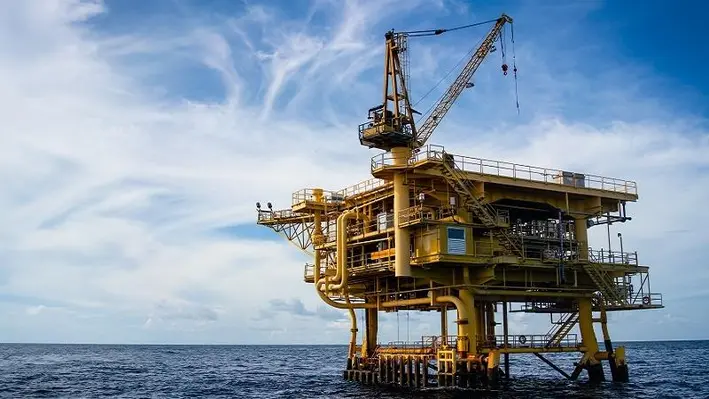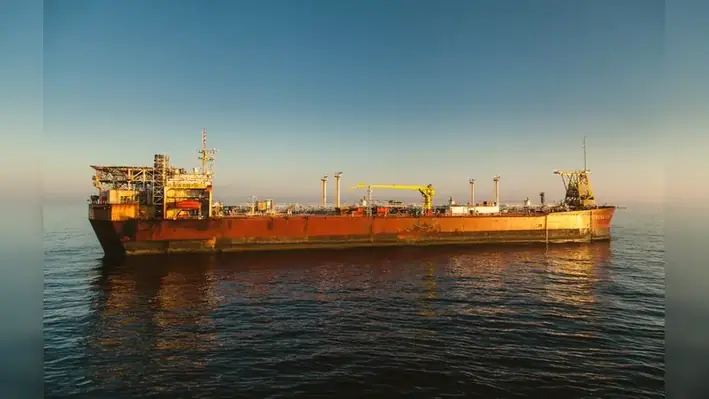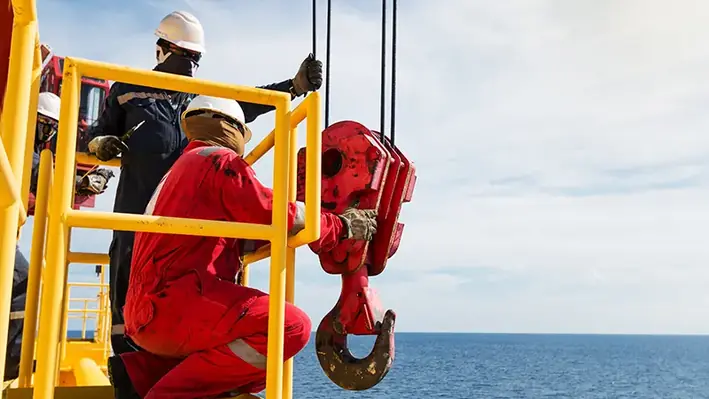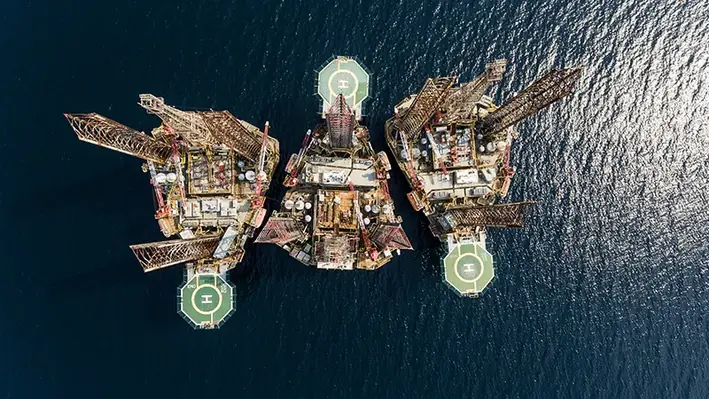 The North Sea Transition Authority (NSTA), in its latest Wells Insight Report, has recommended a series of measures to bolster oil and gas production in the North Sea.
The North Sea Transition Authority (NSTA), in its latest Wells Insight Report, has recommended a series of measures to bolster oil and gas production in the North Sea.
The report found that drilling activity had remained low in 2021 due to the impact of Covid-19 with drilling operations falling from 141 wells in 2019 to 66 in 2020. It added that, as a result of this production totalled 480 million barrels in 2021 which was down from 600 million in 2019.
The NSTA report suggested that drilling will most likely pick up in the medium term, spurred by the 33rd offshore oil and gas licensing round (the first since 2019).
However, a pivotal component of bringing production rates back up is the implementation of more well interventions – a policy which the NSTA wishes to see more of. It noted that due to a reduction in well maintenance in 2021, the performance of the existing wellstock has further declined, with 34% of total active wells on the UKCS now shut-in or plugged.
Many types of intervention cost just UK£5-10 per barrel, which should make it an attractive option for industry, particularly when oil and gas prices are high.
Disappointingly, the NSTA added, intervention work was carried out on just 15% of wells in 2021, down from 17% in 2020, resulting in the addition of only 36.2 million barrels of production, well below the average of 50 million added in previous years.
Some operators are facing logistical constraints on their platforms and/or with supply chain availability. In addition, subsea well intervention remains stubbornly low, as fewer than 10% of subsea wells are being surveyed and/or receiving maintenance work each year.
To sustain domestic production and bolster the UK’s energy security, the NSTA is actively working with operators on ways to accelerate exploration and development plans and perform more maintenance and intervention work on the existing well stock.




